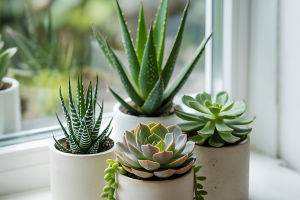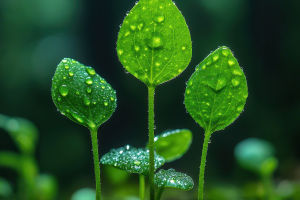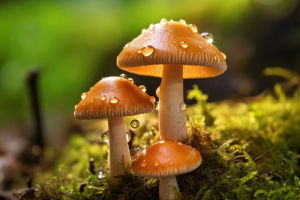Hey Lykkers! Here’s a question that’s popped up in science and philosophy: Can plants feel pain? It sounds a bit strange at first, right? After all, plants don’t have brains, nerves, or muscles — the usual parts we associate with sensing pain.
But when you see a plant wilt after being damaged or notice it “reacting” to environmental changes, it makes you wonder: is there some kind of feeling going on? Let’s unpack this together and explore what science really says about plants and pain — and why it’s more complicated than you might think.
What Is Pain, Anyway?
To understand if plants can feel pain, we first need to know what pain is.
In animals, pain is a complex experience involving both sensory input (nerves detecting injury) and emotional perception (your brain interpreting that input as discomfort or suffering). Pain helps animals avoid danger and protect themselves. Since pain requires a nervous system and a brain to process signals and emotions, it’s a sensation tightly linked to animal biology.
Plants Don’t Have Nervous Systems or Brains
This is a key point: plants lack nerves, neurons, and brains — so they don’t have the biological machinery necessary to feel pain like animals do.
They don’t scream or pull away when hurt, and they don’t experience suffering or fear. So, from a strictly biological and neurological standpoint, plants cannot feel pain.
But Plants React to Damage — How?
Here’s where it gets interesting. Even without nerves, plants have evolved incredibly sophisticated ways to sense and respond to their environment — including injury.
For example, when a leaf is damaged (say, by an insect munching on it), the plant releases chemical messengers like jasmonic acid. These molecules travel through the plant and trigger defense responses, such as producing bitter toxins or strengthening cell walls around the wound.
Some plants can even release volatile organic compounds (VOCs) into the air to warn nearby plants about threats — it’s like a chemical SOS!
Is That “Feeling” Pain?
Since plants respond to harm, some people wonder: could this be a kind of pain?
Most scientists say no. Plant responses are automatic, chemical, and physical processes — not conscious experiences. The plant doesn’t “feel” pain or distress; it simply reacts to survive.
Think of it like this: your skin turns red and swells when you get a sunburn, but that redness isn’t pain itself — it’s your body’s physical response to damage.
Plants Show Signs of Intelligence — But Not Emotion
Despite lacking pain sensation, plants are surprisingly smart in their own way. They can:
- Adapt to changes in light, temperature, and moisture
- Communicate with fungi and other plants through underground networks
- Remember past stress and adjust future growth accordingly
For example, some plants exposed to repeated physical touch grow sturdier stems, showing a kind of “learning” and adaptation.
Why This Matters: Ethical and Practical Questions
The question of plant pain often comes up in ethical debates about eating plants or harming vegetation. Since plants don’t have feelings or consciousness, most scientists argue that hurting plants isn’t the same as hurting animals.
However, understanding how plants respond to damage is incredibly important for agriculture and ecology. Farmers use this knowledge to breed crops that are more resistant to pests and environmental stress, helping us grow food more sustainably.
Final Thoughts
So, can plants really feel pain? The short and science-backed answer is: no, they can’t feel pain like animals do because they lack brains and nerves.
But plants do have amazing ways to detect damage and defend themselves through chemical signals and physical responses. They’re silent survivors, equipped with sophisticated tools for survival — just not the kind that include feeling pain or suffering.
Next time you admire a leafy tree or a blooming flower, remember: their quiet resilience is a form of intelligence all its own — one that doesn’t require pain, but does require a lot of clever biology.


